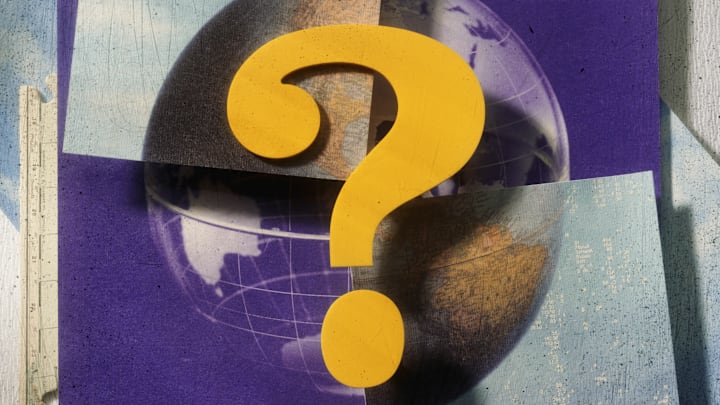You might think that this is a simple enough question. There are seven continents, right? After all, this is what’s taught in the American public school system. Students in the United States learn early on that Earth’s seven continents include:
- Asia
- Africa
- Europe
- North America
- South America
- Australia (Oceania)
- Antarctica
But this isn’t a worldwide consensus. The number of continents, it seems, depends on who you ask.
The Continental Controversy
The answer may have seemed clear in elementary school, but in truth, there is no single, definitive way to define a continent. If we’re going by pure geography, we might look at tectonic plates, continuous landmasses, or natural borders—but these factors often fail to give us a clear answer. As such, it isn’t all that unusual to see Earth’s landmasses divided up in ways that differ from the seven-continent model.
In Europe and Latin America, people are often taught there are only six continents, combining North and South America into simply “America.” Others merge Europe and Asia into Eurasia. Europe and Asia share a huge land expanse, with the Ural Mountains often cited as an arbitrary “boundary.” Meanwhile, cultural and historical distinctions separate Europe and Asia in most Western education.
Geologist Valentin Rime reduces the number of continents quite a bit further: “There are basically only two major continents,” he told the New York Times. “Antarctica and everything else, since South America is connected to North America through Panama, North America is connected to Asia through the Bering Strait, and Asia is connected to Europe, Africa and Australia through the Urals, the Sinai, and Indonesia, respectively.”
Some, on the other hand, actually list eight continents. This is due to the 2017 discovery of Zealandia, a small and largely underwater continent in the Southern Hemisphere (if you’ve ever been to New Zealand, then you’ve been to Zealandia).
The bottom line: Like many other aspects of our lives, continent-counting just depends on perspective. But that probably won’t help you choose the correct answer on a geography exam.
Read More About Geography:
Have you got a Big Question you’d like us to answer? If so, let us know by emailing us at bigquestions@mentalfloss.com.
